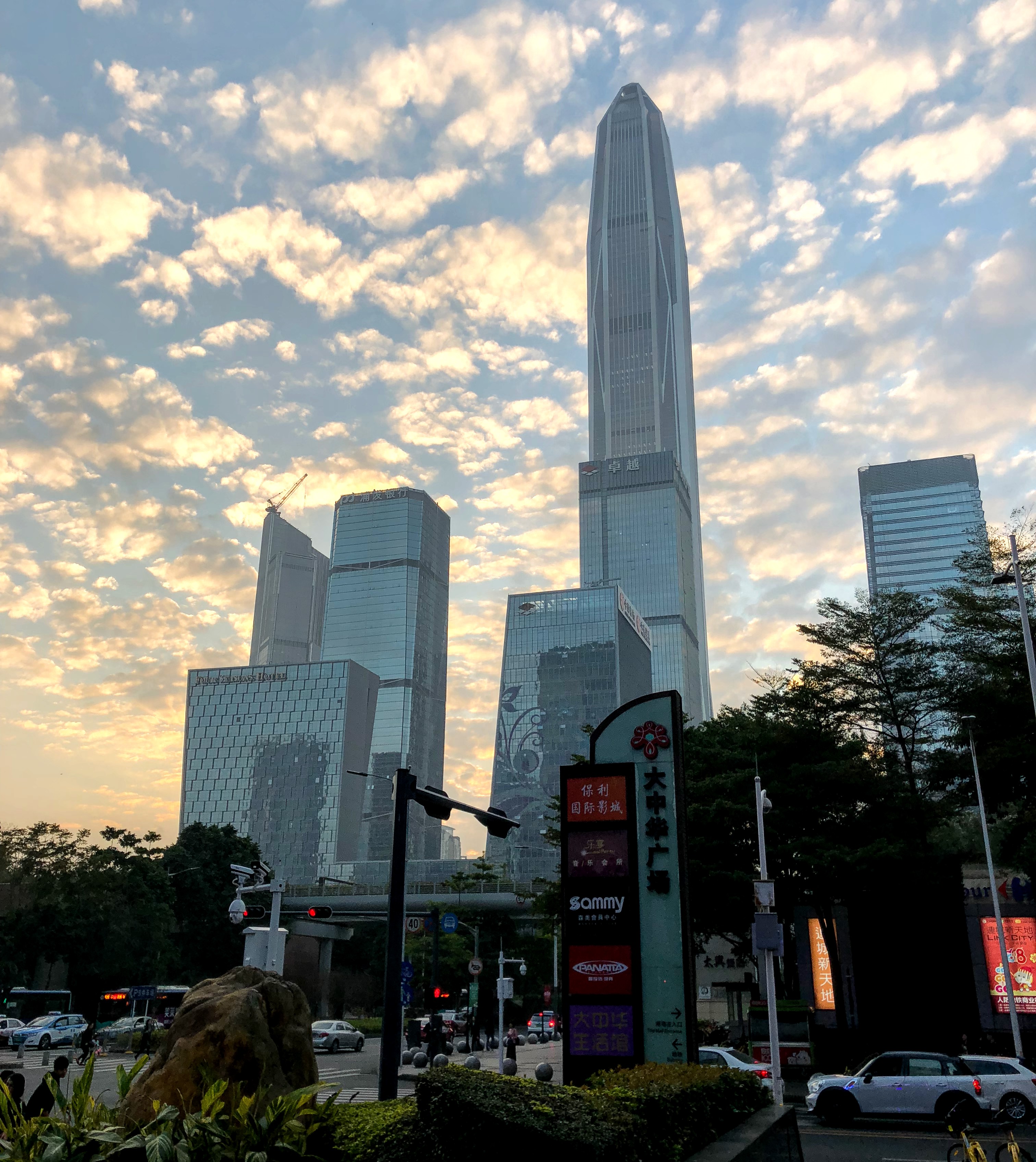Things may be brewing with respect to antibody inventions. Just how much description is sufficient? After losing in the Federal Circuit, Amgen has decided to ask the US Supreme Court to weigh in on a standard that could vastly influence the pharmaceutical and biotech industry. The story relates to Repatha™, an LDL-lowering drug from Amgen whose active ingredient is a monoclonal antibody called evolocumab. The monoclonal antibody binds to PCSK9 protein, preventing it from destroying LDL receptor protein (LDL-R), a protein that removes LDL from the bloodstream. Amgen sued Sanofi, who created its own PCSK9 antibody. Sanofi sued back, arguing that Amgen’s patents were invalid for failing to comply with,…
-
-
New Policies to Promote Importation of Innovative Drugs
At the April 12, 2018 executive meeting of the State Council in China, Premier Mr. Li Keqiang indicated the government’s desire to increase China’s access to innovative drugs. To achieve this, the government would encourage importation of innovative drugs into China by streamlining the regulatory pathway, enhancing IP protection, and lowering the cost of medicine. Shortly thereafter, the Chinese Food and Drug Administration (CFDA) published draft guidelines on May 12, 2018 and asked for comments. Below is a summary of where things stand today.
-
Foreign companies transferring IP out of China: things to know
Inventions made in China Most foreign companies with R&D sites in China are aware of the fact that inventors having inventions made in China have to obtain permission before they can file patent applications outside of China for these Chinese inventions. It doesn’t matter if the owner of the business is a foreign entity. Patent applications covering inventions “made in China” (on Chinese soil) must first be filed in China or the inventor must obtain permission from the Chinese government to file abroad first. Inventors from China All inventors for inventions made in China (including partially made in China) are entitled to be fairly compensated for their work (Article 76 of the…








